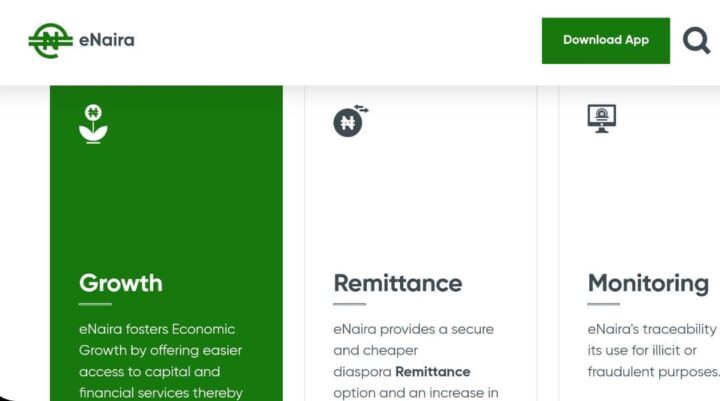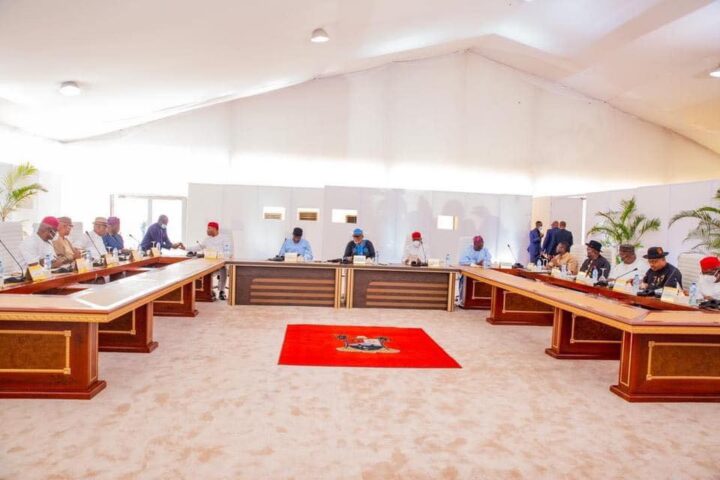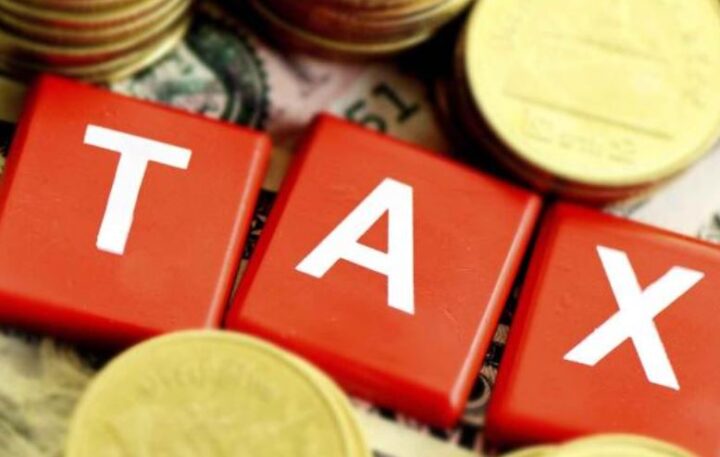The Central Bank of Nigeria’s launch of the eNaira can be likened to pouring new wine into an old bottle, just as it is stated in the holy book where a warning was issued in Mathew chapter 9, verses 16 and 17: “No man putteth a piece of new cloth unto an old garment, for that which is put in to fill it up taketh from the garment, and the rent is made worse. Neither do men put new wine into old bottles: else the bottles break, and the wine runneth out, and the bottles perish: but they put new wine into new bottles, and both are preserved.”
What we have just witnessed with the launching of the eNaira website is the pouring of new wine, as it were, into an old bottle. And what should we expect from such action? The holy book already gave an answer to that — “else the bottles break, and the wine runneth out”.
Even before its official launch, the ‘bottle’ is already being threatened and about to break with the suing of the CBN by an independent company called ENaira Payment Solutions Limited over the use of the name ‘eNaira’, accusing the apex bank of trademark infringement. Olakunle Agbebi & Co, solicitors to ENAIRA Payment Solutions Limited, claim their client is the holder of the trademark ‘ENaira’.
Olakunle Agbebi & Co also claimed that the CBN’s action amounts to a threat to willfully infringe on their client’s trademark and that it will also amount to a violation of its corporate name i.e. ENaira Payment Solutions Ltd.
Advertisement
This scenario reminds me of 2018 when the aviation minister Hadi Sirika embarrassed Nigeria with the launch of a national carrier called Nigeria Air at the Farnborough Air Show in England. One of the controversies generated by that careless move was the acquisition of a domain name for Nigeria Air. The aviation ministry and federal government were not smart enough to secure a domain as soon as they decided which name the product (Nigeria Air) will carry, and instead went to the public to blow their trumpet of what to come.
A smart dude went ahead and bought every related domain name, leaving the Nigerian government looking like a child that has been denied a favourite snack. For their carelessness, they ended up paying a whooping N48 million to buy the already acquired domain name, something that could have cost not more than N15,000. The young man, who was not even living in Nigeria at the time, cashed out big and smiled to the bank.
There were also claims in some quarters that the government spent $600,000 on the design of the logo for Nigeria Air, and as a result, Nigerians condemned and heavily criticised the government for such a white elephant project. Sirika discredited the claims, saying misinformation, factual errors, insinuations, and fabrications have been peddled in both social and print media on the Nigeria Air project.
Advertisement
Whether that is true or not, we know that in the end, the federal government announced the immediate suspension of the national carrier, and three years down the line, it has remained dead and buried in history.
The government, with so many resources available at its disposal, has refused to learn, and it keeps making the same mistakes over and over again, wasting taxpayers’ money. I expect that the CBN will call ENAIRA Payment Solutions Limited to a roundtable and offer to pay a huge sum to relinquish the name to them in order to save face.
When the Central Bank of Nigeria announced they will be launching a new product called eNaira – a digital currency (CBDC) issued by the apex bank as a legal tender, I was looking forward to something unique, big, and exciting. But I guess I expected too much.
The eNaira wallet is a digital storage that holds the eNaira. It is held and managed on a distributed ledger. The eNaira wallet is required to access, hold and use eNaira. It serves as both a medium of exchange and a store of value, offering better payment prospects in retail transactions when compared to cash payments.
Advertisement
However, I find it difficult to see anything special in all these noisemaking. The reason is that what the product is launched to serve has already been rendered by many fintech start-ups for many years. Personally, I have more than one mobile money wallet from different platforms, including that of a commercial bank. The same service the new CBN product was designed to give is the same experience I already have.
I send and receive naira from my wallet to another wallet whether within or outside the same platform. I send money from my wallet to my bank account and from my bank account into my wallet, and also make all transactions, including payment of utility bills on any of the platforms I chose. This is the same service the eNaira plans to give.
I thought the eNaira is a response to the bans on crypto and AbokiFX where Nigerians can buy, sell and send cryptocurrency, and where they can check the exchange rate on a singular uniform legitimate federal government regulated platform. I thought the government will seize this opportunity to delve into this booming fintech business and get the youth engaged with the provision of jobs and employing some of the best brains in the fast-growing technology space. These, among others, are what I was looking forward to.
For this product to be uniquely relevant to the already exposed Nigerian youth of today, the Central Bank must include these services into the eNaira platform or wait and see it gradually fold up and buried like the Nigeria Air project. Also, loan services should be made available on the platform where Nigerians can access small loans and pay back within a short period of time with little interest rate. This is another way the government can generate revenue, and in turn, help its citizens.
Advertisement
The government should also direct all graduating students who wish to embark on their National Youth Service Corps (NYSC) programme to download and register on the platform, while the monthly NYSC allowance should be paid into their wallets, and not directly into bank accounts anymore.
Israel is a Nigerian journalist and can be reached via [email protected]
Advertisement
Views expressed by contributors are strictly personal and not of TheCable.







